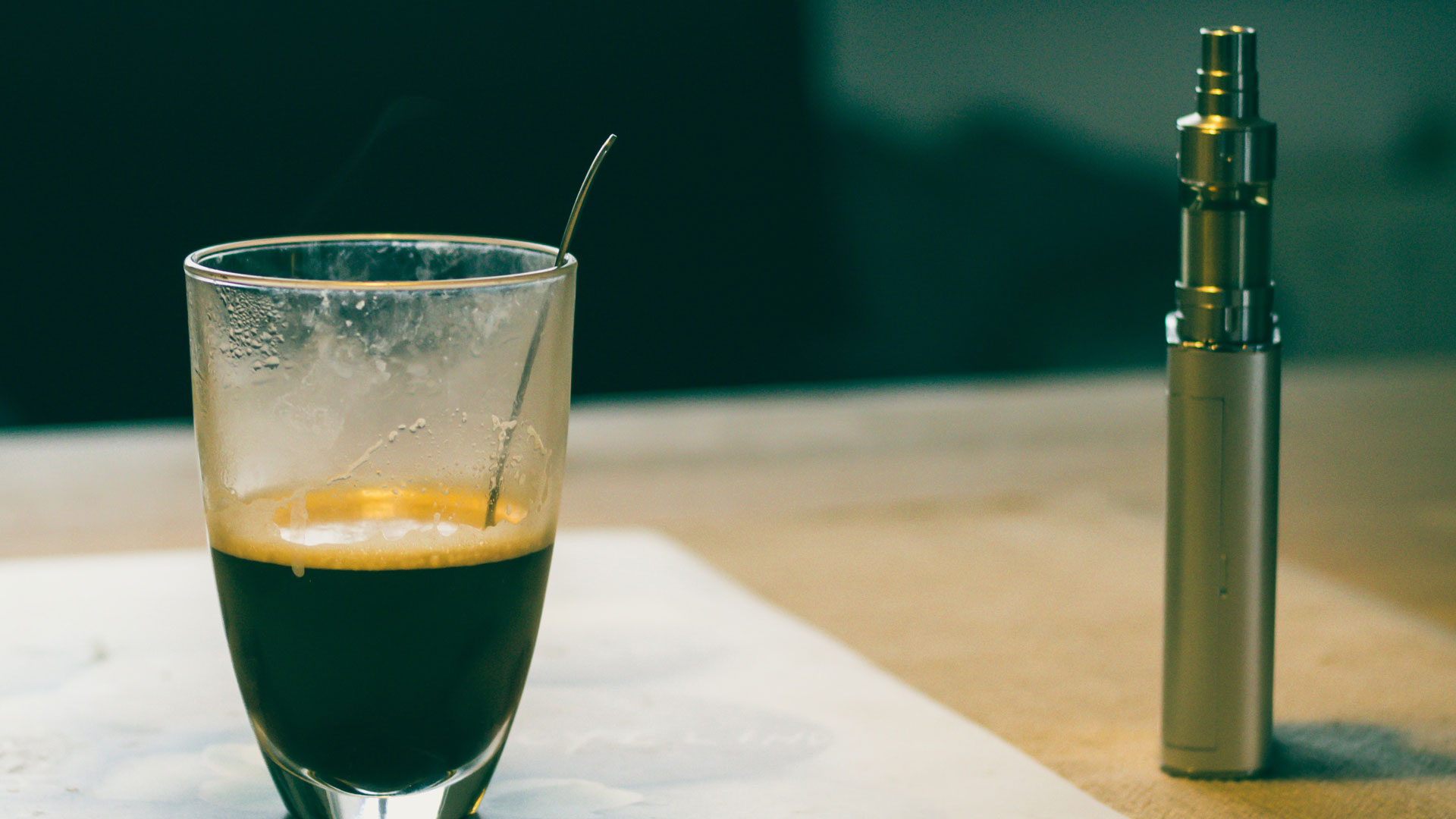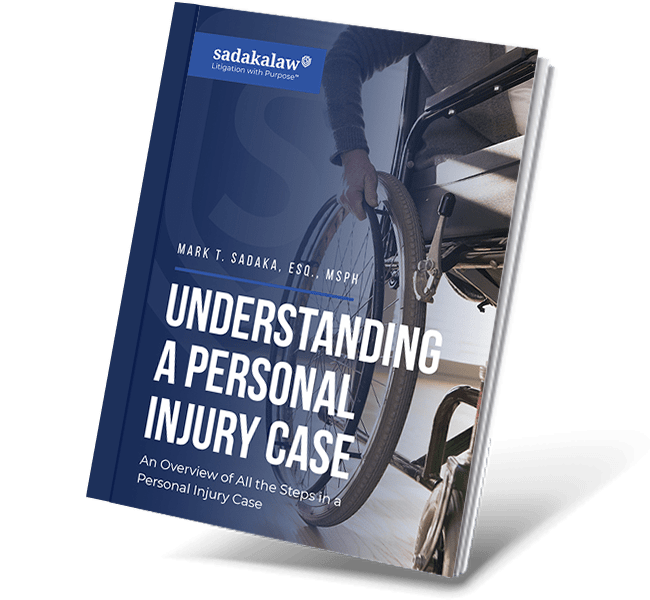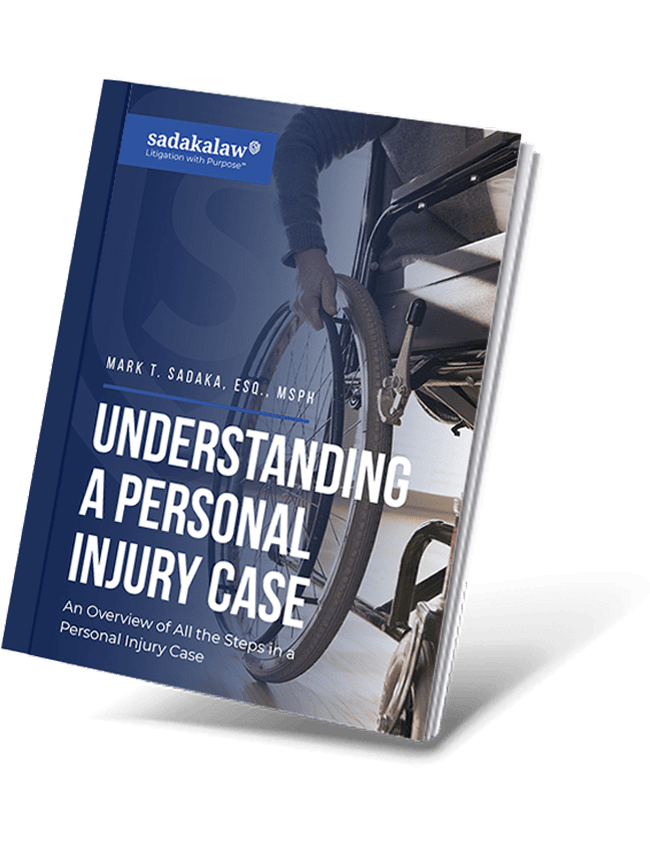
Although some e-cigarette manufacturers have voluntarily offered to stop selling flavored nicotine, teenage vaping remains a major problem in this country. Self-enforced measures taken by these sellers have not been enough to stem the epidemic that is jeopardizing the health of teenagers. At the same time, regulatory efforts to arrest the tide of rising e-cigarette usage among teens have been incremental and only partially effective. Now, the Trump Administration is focused on the issue, planning to ban flavored nicotine products entirely.
Flavored vape products are the type that generally attract teen vapers. Teenagers are drawn to fruity vape flavors, and many of them begin vaping in order to use these brands. Vaping rates among teenagers have skyrocketed due in part to the flavors that are available as well as a social media campaign that has since been abandoned by e-cigarette makers. Recent studies have shown that one in four teenagers has vaped in the past month. This is up from 20 percent last year. A large majority of teens who vape use flavored nicotine as their product of choice.
The Trump Administration has promised to focus on this issue after the president made public remarks about the dangers of vaping. Previously, the FDA had announced its intention to limit the sale of flavored nicotine to vape stores that have a minimum age, but the current plan takes these efforts one step further. This regulatory proposal would restrict nicotine sales to only products that have a tobacco flavor.
President Trump’s move to ban these sales comes in the wake of numerous media reports of deaths that have been associated with the use of e-cigarettes. Numerous teens have been hospitalized in critical condition with vaping-related illnesses. Some of these illnesses have resulted in deaths. While there have previously been deaths from exploding vape pens, the recent fatalities are the first deaths that have been connected to the use of e-cigarettes.
There are numerous steps that need to be taken before Trump’s pronouncement becomes a regulation. The FDA must formulate a rule that reflect the president’s wishes and then must circulate it for public comment. In addition, the FDA will have to do the necessary studies on which to base the rule. It is only after that when this ban could take effect. The FDA has indicated that this rule will be released for comment in the near future.
E-cigarettes are regulated by the FDA, which has never formally approved e-cigarettes. Instead, these products are on the market while manufacturers pursue agency approval for them. However, in 2017, the FDA pushed back the date by which the manufacturers would need to apply for FDA approval for their products to 2022. However, a court in Maryland shifted the deadline back up to 2020.
Previously, the FDA had implicitly encouraged the use of e-cigarettes as a safer alternative to tobacco before beginning to take a different approach within the past year. The prior FDA commissioner was spurred to act after seeing the data showing exactly how popular this product is among teenagers. However, the latest reports of deaths and severe illnesses will now cement the change in the FDA’s stance. Combined with the president’s remarks, the agency will not take a more aggressive stance towards this product.
While it appears that the Administration is taking strong action to prevent teenage vaping, it may still not be fully effective. One of the draws of e-cigarettes is the fact that both the vaping pens and the nicotine flavorings can be modified. While flavored nicotine may not be able to be sold as a product, there may still not be any way to prevent people from flavoring their own nicotine.
Defenders of e-cigarettes have claimed that these rules would force those who would smoke back to traditional cigarettes. Alternatively, these products would continue to be sold in the black market. These people stick to the questionable idea that e-cigarettes are safer than tobacco cigarettes notwithstanding the recent spate of illnesses and death resulting from e-cigarettes.
What remains to be seen is the steps that e-cigarette manufacturers can legally take to block these FDA rules. Companies can sue the federal government in court over the rulemaking process in an attempt to keep rules from becoming effective. Given the far-reaching impact that these rules will have on their sales, one can expect that these companies will fight the rule in court. The market leader Juul has promised to comply with these rules once they are final, but other industry participants are expected to challenge the rule in court. Up until recently, the vaping industry had powerful friends in Washington, but these relationships have now been upended by President Trump’s opposition to the product.
The FDA’s future efforts to ban flavored e-cigarettes are not the only way that regulators are cracking down on sales of these products. Recently, Governor Andrew Cuomo of New York has announced his intention to ban these products immediately in New York under an executive order. Congress has also discussed the possibility of legislation to restrict sales of e-cigarettes.


